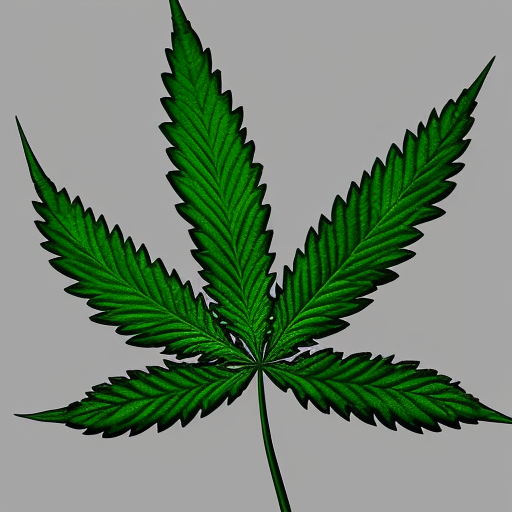
Yo, what’s good people? It’s your boy Dan and today we’re talking about concussions. Turns out they’re way more common in the US than we thought. Over 1 million Americans get diagnosed with a concussion each year, but there are millions more who suffer from undiagnosed events. And get this, a lot of those patients are kids aged 5 to 18. It’s crazy, right?
Now you’re probably wondering, what exactly is a concussion? Well, let me tell you. A concussion happens when the brain takes a hit and “bumps” against the skull. You might experience symptoms like dizziness, headaches, vomiting, trouble walking or balancing, sensitivity to light or sound, and even seizures or amnesia.
But here’s the thing: even if it’s just a mild concussion, it’s still classified as a traumatic brain injury or TBI. And every time your brain gets injured, it releases compounds called glutamates that can cause calcium buildup and neurological cell degeneration. That’s where marijuana comes in.
See, the antioxidative properties of cannabis could help prevent cell degeneration and its long-term effects. Plus, the active chemical compounds in marijuana may be able to help alleviate some of the symptoms of TBI and post-concussion syndrome. That’s pretty dope if you ask me.
Now I know some of y’all might be skeptical about using weed for concussions, so let’s talk about the dangers of concussions. The real danger lies in what’s known as ‘concussion plus’ – that’s when you experience long-term impact from the concussion beyond just temporary headaches and nausea.
Calcium buildup and damage to brain cells can result in serious psychological conditions like early-onset dementia and chronic traumatic encephalopathy (CTE), both of which can be deadly. And we’ve seen how former NFL players have suffered from CTE due to repeated concussions.
But here’s the thing, there might be a way to prevent the long-term impacts of concussions and reduce the prevalence of related onset conditions like dementia or CTE. The active chemical compounds within marijuana may be a viable option in terms of limiting long-term brain cell deterioration.
Now, before y’all go rolling up a joint after a concussion, you need to consult your medical professional. We’re not medical professionals, okay? This information is just for educational purposes only.
The use of CBD and THC for concussion is currently being studied by some of the top doctors and neurological researchers in the world. And get this, back in 2014, Harvard Medical School professor Dr. Lester Grinspoon wrote an open letter to the NFL pleading for grant money to research the clinical effects of cannabis on concussion-related symptoms.
In 2016, researchers from the University of Miami were awarded a $16 million grant to develop a patented “cannabis pill” that individuals could take after suffering a concussion or other forms of TBI. And in case you’re wondering when it comes to cannabis extract, CBD is preferred over THC since it doesn’t get you high.
The five-year clinical investigation is currently ongoing and led by University of Miami’s Dr. Michael Hoffer. The goal is to create a CBD-based medicine that would “disrupt the series of chemical reactions that follow a concussion and lead to brain-cell death.”
And get this – the findings from the pre-clinical pre-study were recently released, and they’re promising. The researchers found that combining CBD with an NMDA antagonist (anesthetic) resulted in improved cognitive functions in animals when compared with animals which received only CBD or the NMDA antagonist.
The second phase of the study will involve a small human pilot study. It will likely involve administering the compounds in pill form to a control group as well as two groups of TBI patients. The researchers will use nine different outcome fields to determine the efficacy of the treatment, including cognitive, behavioral, psychosocial, sleep, pain, and neuroimaging studies.
If the treatment is deemed safe and effective, then the third phase of research will begin. This will involve a full-scale clinical trial with FDA oversight over a three-year period. By the end of the trial, researchers will better know whether or not the compound is an effective treatment for TBI and concussion.
So there you have it, folks. Concussions are a serious issue but marijuana might just be the answer to preventing long-term impacts on brain cells. And who knows, maybe one day we’ll have a cannabis pill for concussions. But remember, don’t self-medicate without consulting your doctor first. Peace out!



